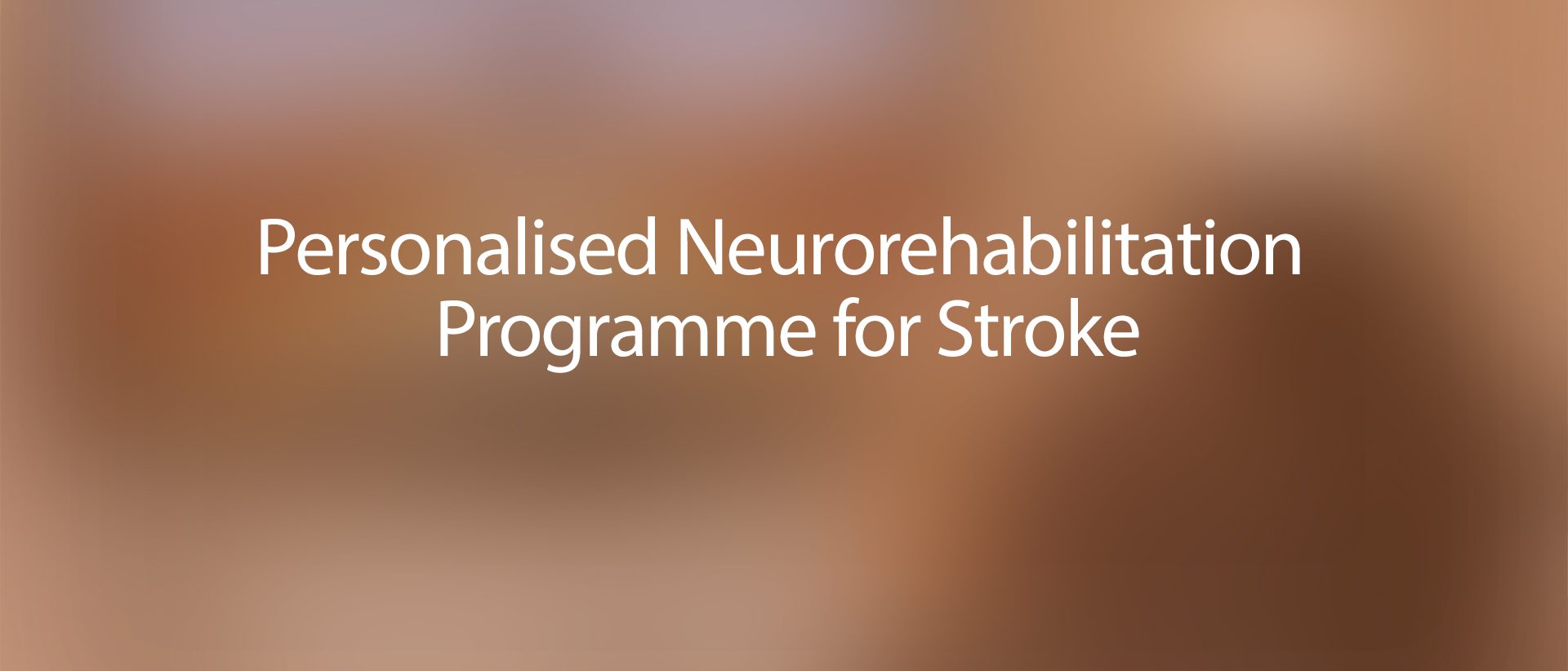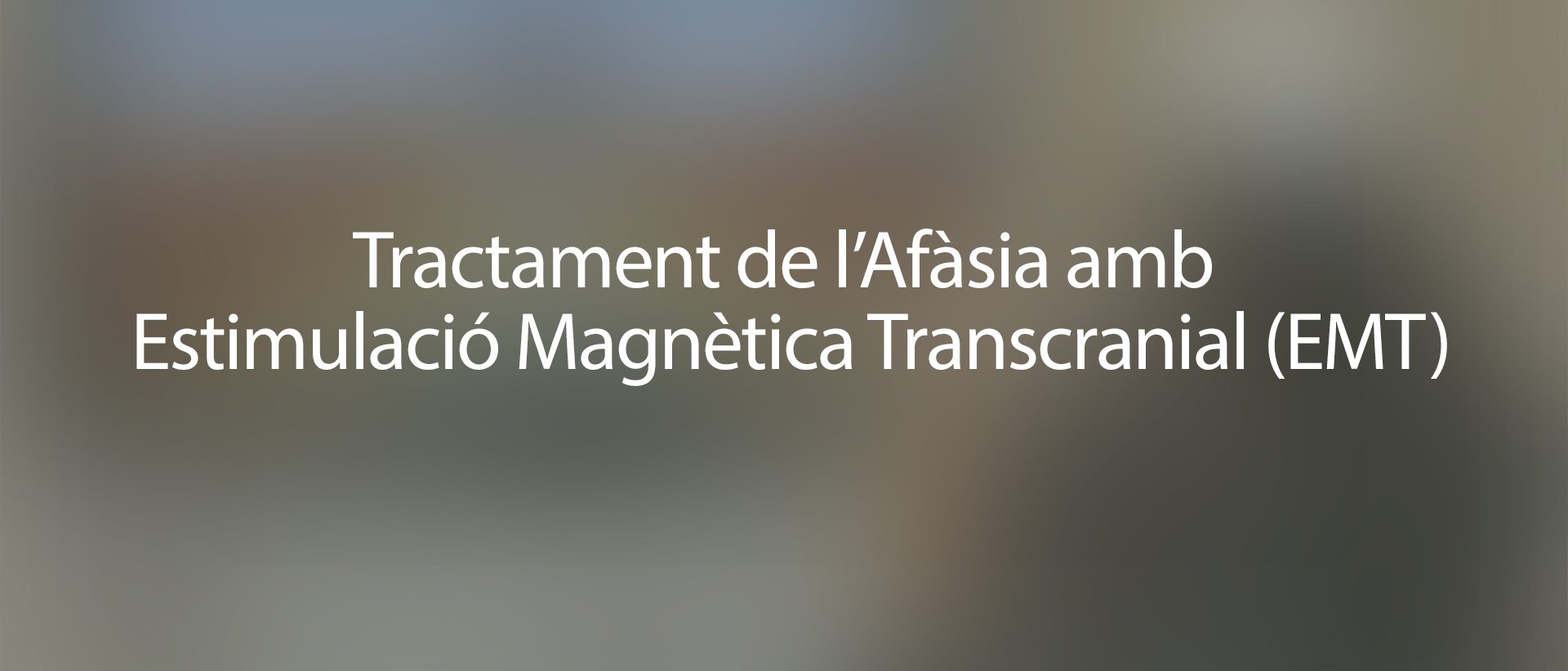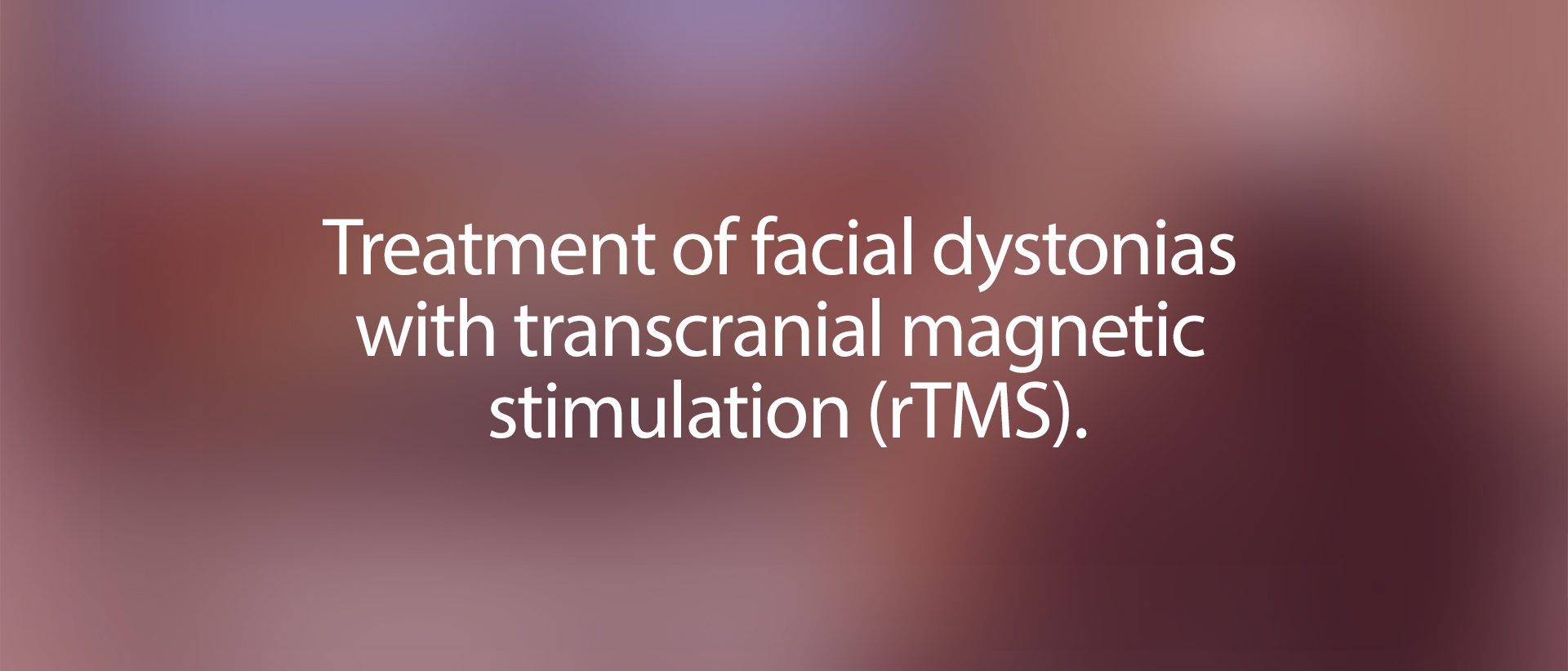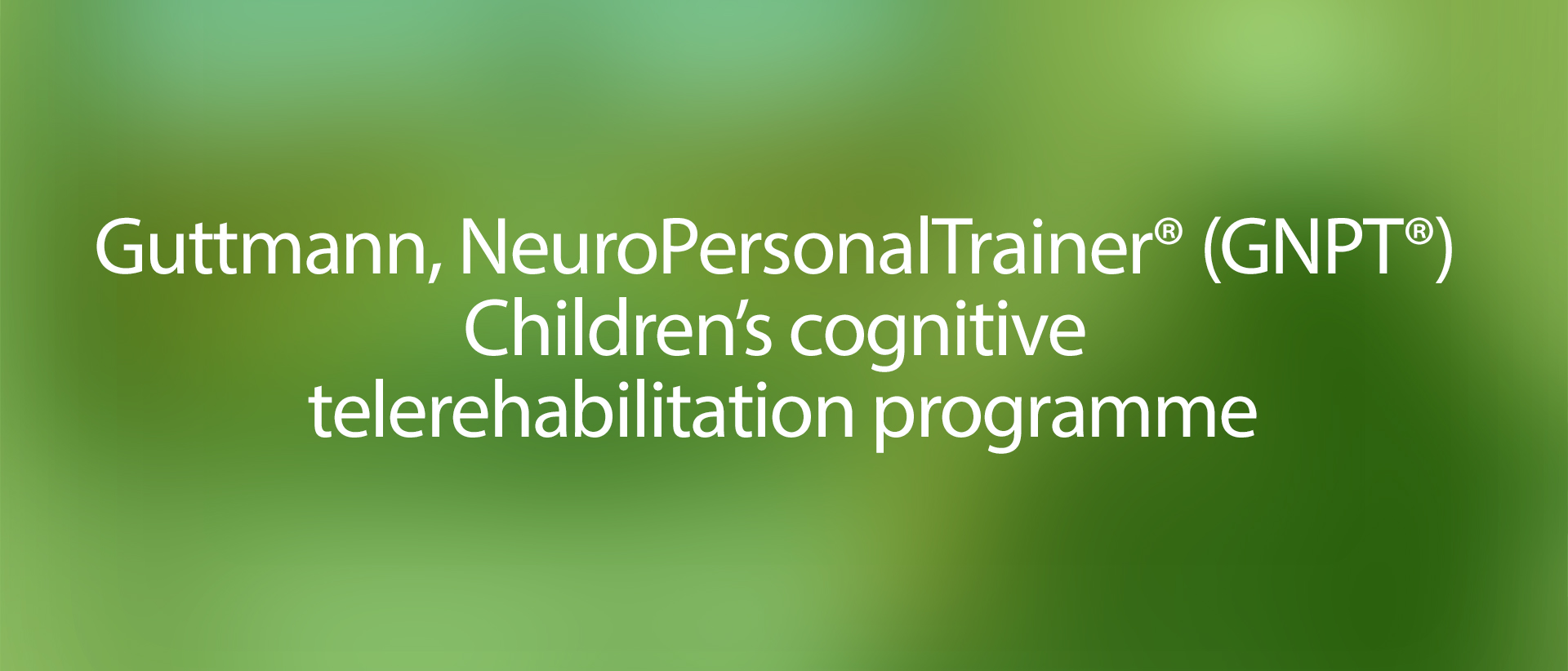
 What is it?
What is it?
Neuropsychological rehabilitation is an active process that helps children with cognitive disorders, learning difficulties or behaviour problems to:
– Better understand the alterations that they present.
– Develop strategies to compensate for these disorders or difficulties to optimise the development of higher functions (attention, perception, memory, executive functions).
 Who is it for?
Who is it for?
This service is aimed at children and adolescents of school age with learning difficulties, behavioural disorders or problems with social skills as a result of an episode of acquired brain injury, anoxia, cerebral palsy, attention disorders, epilepsy and other disorders that affect the child’s development.
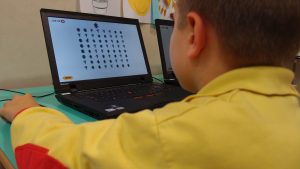
 Techniques used
Techniques used
The programme is designed to use telemedicine to work on cognitive functions from the home itself through the GNPT® platform. This is done with the support of a neuropsychologist who plans and supervises the patient’s treatment programme in a personalised way.
The platform has a playful, attractive and motivating design. Designed by Estudio Mariscal, Guttmann, NeuroPersonalTrainer® for Children offers an environment of cognitive telerehabilitation with different elements specially adapted for children, in which the fun dimension of the exercises has been enhanced to obtain the maximum level of motivation and performance.
 Type of intervention
Type of intervention
- Initial face-to-face neuropsychological assessment.
- 60 sessions of personalised cognitive treatment based on the initial neuropsychological assessment that allows staff to establish the profile of cognitive impairment, depending on the patient’s age.
- The sessions (approximately 45 minutes long) that the patient performs in their own home through the platform are aimed at enhancing cognitive functions. The neuropsychologist plans the tasks and controls the process and performance, adjusting the scheduling if necessary.
- The intensity of the treatments (number of weekly sessions) will be determined by each professional according to their clinical criteria, taking into account the characteristics of the patient.
- Follow-up visits with the neuropsychologist where the progress of the treatment is assessed. These visits can be done face-to-face, or virtually by videoconference.
- A final assessment will be made based on the analysis of the results and how the patient is developing in order to objectify the progress being made, and a final report is drawn up in which the neuropsychologist collates the results obtained and the guidelines to be followed.
- An educational support programme aimed at the family and the school, and which provides recommendations and complementary support resources for parents and teachers to help them adapt their interventions to the needs of each child.
 Request more information by clicking here
Request more information by clicking here


